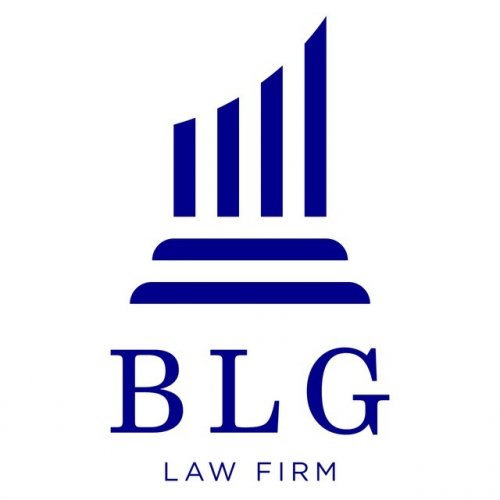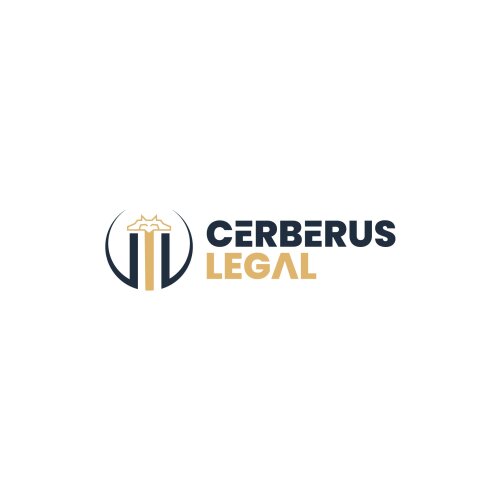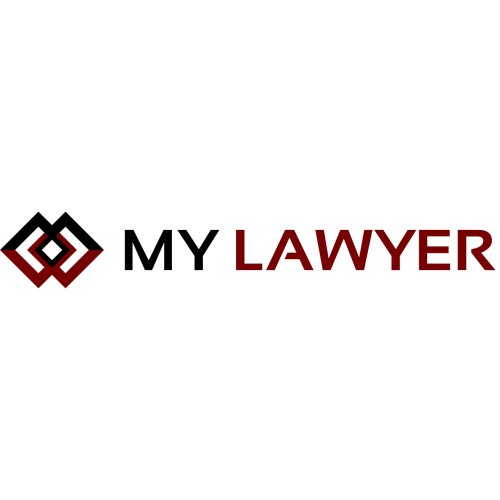Best ADR Mediation & Arbitration Lawyers in Uzbekistan
Share your needs with us, get contacted by law firms.
Free. Takes 2 min.
Or refine your search by selecting a city:
List of the best lawyers in Uzbekistan
About ADR Mediation & Arbitration Law in Uzbekistan
Alternative Dispute Resolution (ADR) mechanisms, including mediation and arbitration, are becoming increasingly important in Uzbekistan as the country seeks to align its legal processes with international standards and improve the business environment. ADR offers an efficient, cost-effective means of resolving disputes without resorting to traditional litigation. The government has been supportive of ADR processes as part of broader judicial reforms to enhance access to justice and streamline legal proceedings.
Why You May Need a Lawyer
There are several scenarios where legal advice in ADR mediation and arbitration may be beneficial:
- Commercial Disputes: Businesses often engage in ADR to resolve contractual disagreements or disputes with partners or clients.
- Employment Conflicts: Employers and employees may use mediation or arbitration for labor disputes or grievances.
- Family Law Matters: ADR can be a constructive way to manage family-related issues, such as divorce settlements and custody agreements.
- Construction Disputes: The construction industry frequently encounters disputes related to contracts and timelines that can be resolved through ADR.
- International Disputes: Foreign investors may prefer ADR in Uzbekistan due to its neutrality and efficiency compared to local court proceedings.
Local Laws Overview
Uzbekistan's legal framework for ADR includes well-established laws and regulations. Key aspects include:
- The Law on Mediation: This law establishes the process for mediation and sets out how mediation sessions should be conducted.
- Arbitration Courts: The country has provisions for the establishment and functioning of arbitration courts to resolve civil disputes.
- Recognition and Enforcement: There are legal provisions for the recognition and enforcement of both domestic and international arbitration awards.
- Confidentiality: Confidentiality is a core principle in both mediation and arbitration, ensuring privacy for the parties involved.
Frequently Asked Questions
What is the main difference between mediation and arbitration?
Mediation involves a neutral third party who facilitates negotiation between disputing parties to help them reach a voluntary settlement, whereas arbitration involves a third party who acts more like a judge and makes a binding decision for the parties.
Is it mandatory to use ADR in Uzbekistan?
ADR is not mandatory but is often encouraged as an alternative to litigation to reduce the burden on courts and provide a more efficient dispute resolution process.
Can international disputes be resolved through ADR in Uzbekistan?
Yes, Uzbekistan allows for both domestic and international disputes to be resolved through ADR, and international arbitration awards are recognized and enforced under local laws.
How long does the ADR process typically take?
The duration of ADR can vary depending on the complexity of the case and the willingness of parties to participate, but it is generally faster than traditional court proceedings.
What qualifications do mediators and arbitrators need in Uzbekistan?
Mediators and arbitrators should have experience and expertise in relevant fields, and they often undergo specific training and certification processes.
Is the outcome of arbitration legally binding?
Yes, the decision made in arbitration, known as an arbitration award, is typically binding on the parties and can be enforced by courts if necessary.
Can parties choose their mediator or arbitrator?
Yes, parties typically have the flexibility to select their mediator or arbitrator, provided the chosen individual is impartial and has the appropriate qualifications.
What happens if mediation is unsuccessful?
If mediation doesn't lead to a settlement, parties may choose to proceed to arbitration or litigation depending on their agreement or the specifics of the dispute.
How are mediation and arbitration fees determined?
Fees can vary based on the complexity of the case, the time required, and the chosen professional's experience and reputation. It's common for fees to be negotiated in advance.
Where can I find qualified ADR professionals?
Qualified ADR professionals can be found through professional bodies, legal directories, or recommendations from legal practitioners.
Additional Resources
The following organizations and resources may be beneficial to individuals seeking legal assistance in ADR:
- Uzbekistan Chamber of Commerce and Industry: Provides information and resources related to commercial arbitration and mediation.
- Ministry of Justice of Uzbekistan: Offers guidance on legal reforms, including ADR processes.
- Law Firms Specializing in ADR: Numerous local and international law firms operating in Uzbekistan provide specialized ADR services.
Next Steps
If you need legal assistance in ADR mediation or arbitration, consider the following steps:
- Identify the Nature of Your Issue: Clearly define the scope and details of your dispute.
- Consult a Legal Professional: Seek advice from a lawyer who specializes in ADR to understand your options and the best course of action.
- Select an Appropriate ADR Process: Choose between mediation or arbitration based on the specifics of your case and the desired outcome.
- Engage Relevant Professionals: Hire qualified mediators or arbitrators to facilitate or resolve your dispute.
- Prepare for the ADR Session: Gather all necessary documentation and evidence to support your case during the mediation or arbitration process.
Lawzana helps you find the best lawyers and law firms in Uzbekistan through a curated and pre-screened list of qualified legal professionals. Our platform offers rankings and detailed profiles of attorneys and law firms, allowing you to compare based on practice areas, including ADR Mediation & Arbitration , experience, and client feedback.
Each profile includes a description of the firm's areas of practice, client reviews, team members and partners, year of establishment, spoken languages, office locations, contact information, social media presence, and any published articles or resources. Most firms on our platform speak English and are experienced in both local and international legal matters.
Get a quote from top-rated law firms in Uzbekistan — quickly, securely, and without unnecessary hassle.
Disclaimer:
The information provided on this page is for general informational purposes only and does not constitute legal advice. While we strive to ensure the accuracy and relevance of the content, legal information may change over time, and interpretations of the law can vary. You should always consult with a qualified legal professional for advice specific to your situation.
We disclaim all liability for actions taken or not taken based on the content of this page. If you believe any information is incorrect or outdated, please contact us, and we will review and update it where appropriate.
Browse adr mediation & arbitration law firms by city in Uzbekistan
Refine your search by selecting a city.















